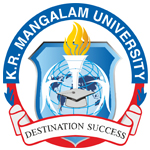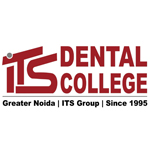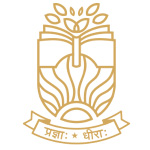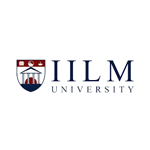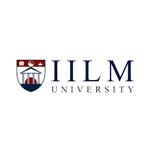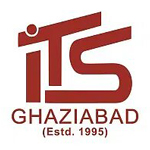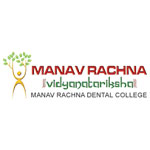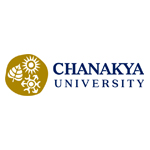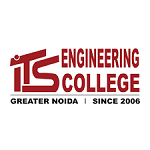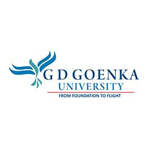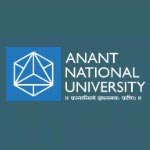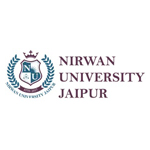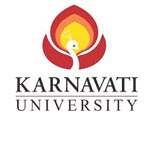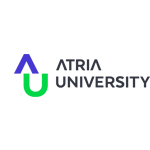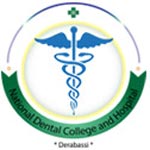MS in Anesthesiology Course
MS in Anesthesiology Course, Anesthesiology Eligibility, Career Options After Anesthesiology, Employment Area, Top Recruiting Companies, Anesthesiology Salary
Admission Enquiry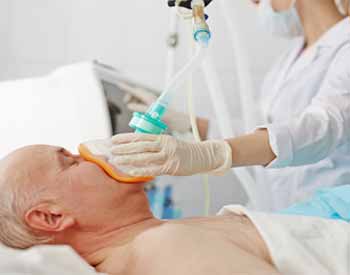
MS in Anesthesiology Course, Anesthesiology Eligibility, Career Options After Anesthesiology, Employment Area, Top Recruiting Companies, Anesthesiology Salary
Admission Enquiry| Examination Type | Yearly |
| Course Level | Post Graduate |
| Duration | 3 years |
| Eligibility | MBBS degree from a recognized university |
| Admission Process | Based on counselling after qualification of a relevant entrance tests (AIIMS, NEET, etc.) |
| Course Fee | INR 1.5 LPA |
| Average Starting salary | INR 2 to 30 LPA |
| Top Recruiting Companies | Apollo hospital, Ganga Hospital, UPSC, and AIIMS, etc. |
M. S. Anesthesiology or Master of Science in Anesthesiology is a two-year post-graduate course in Anesthesia. It is a study in which drugs are utilized to reduce pain by causing insensitivity, especially during surgeries and chronic medical treatments.
Different areas of pain management like ambulatory anesthesia, pediatric anesthesiology, cardiothoracic anesthesiology, obstetric anesthesiology, etc are covered under this course. During surgery and other medical procedures, anesthesia helps in controlling pain through medicines and close monitoring breathing, blood pressure, blood flow, heart rate, and rhythm, as required, so as to keep the patient comfortable. The three different types of Anesthesia are general, local, and regional anesthesia, and this course highlight every section of it.
The minimum eligibility to be able to apply for this course is an M.B.B.S degree with minimum marks of 50%. Candidates should also pass the medical entrance examination at the time of admission, conducted by universities/ colleges offering this course. This course is mainly suitable for those who intend to serve in the preoperative settings by managing pain during critical operations and surgeries.
It is also good for those who want to make a considerable contribution towards the specialty of anesthesiology through education, research, and scholarly actions. One should be good at making use of logic and think reasonably for the identification of strengths and weaknesses of patients and thereby find alternative solutions to the problem depending on the situation therein.
| Year I | Year II |
|---|---|
| Anatomy | Relevant anatomy of each system |
| Principles of physics and use of equipment in anesthesia | Physics of equipment used in anesthesia |
| Physiology | Sterilization of equipment |
| Pharmacology | Computers, Utility, computer assisted leaning and data storage. Computerized anesthesia records. |
| Biochemistry | Pharmacology of drugs used in cardiovascular, respiratory, endocrine, renal diseases and CNS disorders. |
| Documentation and medico-legal aspects of anesthesia. | Acid-base and electrolyte balance |
| Cardiopulmonary Resuscitation; | Interpretation of blood gases and other relevant biochemical values |
| Neonatal resuscitation. | various function tests and basics of measurement techniques, ECG |
| Introduction to Research methodology, Random clinical trials etc. and basics of biostatistics. | Pediatrics — Prematurity, Physiology, anatomy of neonate vs. adult. |
| Preoperative assessments and medication - general principals. | Principles of monitoring equipment used for assessment of |
| Introduction to anatomical physiological, pharmacological and biochemical aspects of pain and pain management. | Working principles of ventilators. |
| Introduction to artificial ventilation. | Special anesthetic techniques as relevant to outpatient anesthesia, hypotensive anesthesia, anesthesia in abnormal environments and calamitous situations. |
| Oxygen therapy | Anesthetic management in special situations - Emergency, ENT, Ophthalmology, Obstetrics, Obstetric analgesia. Plastic, Dental. |
| Introduction to the operation theatre, concepts of PACU and ICU. | Radio-diagnosis and Radiotherapeutic procedures and patients with systemic diseases. |
| Recovery from anesthesia. | Medical statistics relevant to data collection, analysis, comparison and estimation of significance. |
| Shock – pathophysiology, clinical diagnosis and management. | Journal clubs. |
| Pulmonary function tests - principles and applications. | - |
| Specialty Anesthesia | - |
| Principles of pediatric anesthesia, management of neonatal surgical emergencies, RA in infants. | Anesthesia for otorhinolaryngology with special emphasis on difficult airway management. |
| Basics of orthopedic anesthesia. | Blood and blood component therapy. Anesthetic implications in coagulation disorders. |
| Day care anesthesia. | Monitored anesthesia care. |
| Rural anesthesia - anesthesia for camp surgery. | Anesthetic implication in Diabetic mellitus, thyroid and parathyroid disorders, pheochromocytoma, Cushing disease etc. |
| Anesthesia outside the OR and in special situation | Principles of geriatric anesthesia |
| Principle of management in Trauma, disorders and mass casualties | - |
| Year III | |
| Anesthesia for patients with severe cardiac, respiratory, renal and hepatobiliary disorders posted for unrelated surgery | Principles of neonatal ventilation and critical care. |
| Specialty Anesthesia | Principles of human resources and material management. |
| Principles of anesthetic management of neuro / cardiac / thoracic / vascular/ Transplantation / burn and plastic surgery. | General principles of medical audit |
| Principles of one lung anesthesia. | - |
Candidates can find jobs in a lot of segments after completing this course. They can opt for administrative jobs in local, regional, and general anesthetics by making use of different techniques like inhalational and intravenous administration.
They can even go in for teaching jobs in both government and private schools and colleges after having passed their UGC-NET examination, which can find them jobs as lecturers as well. This course trains them towards providing medical care to patients who require local or general anesthesia for diagnostic, surgical, and other procedures for pain prevention and body function maintenance.
| College/University | Location | Avg. Fees Per Year | Admission Open |
|---|
